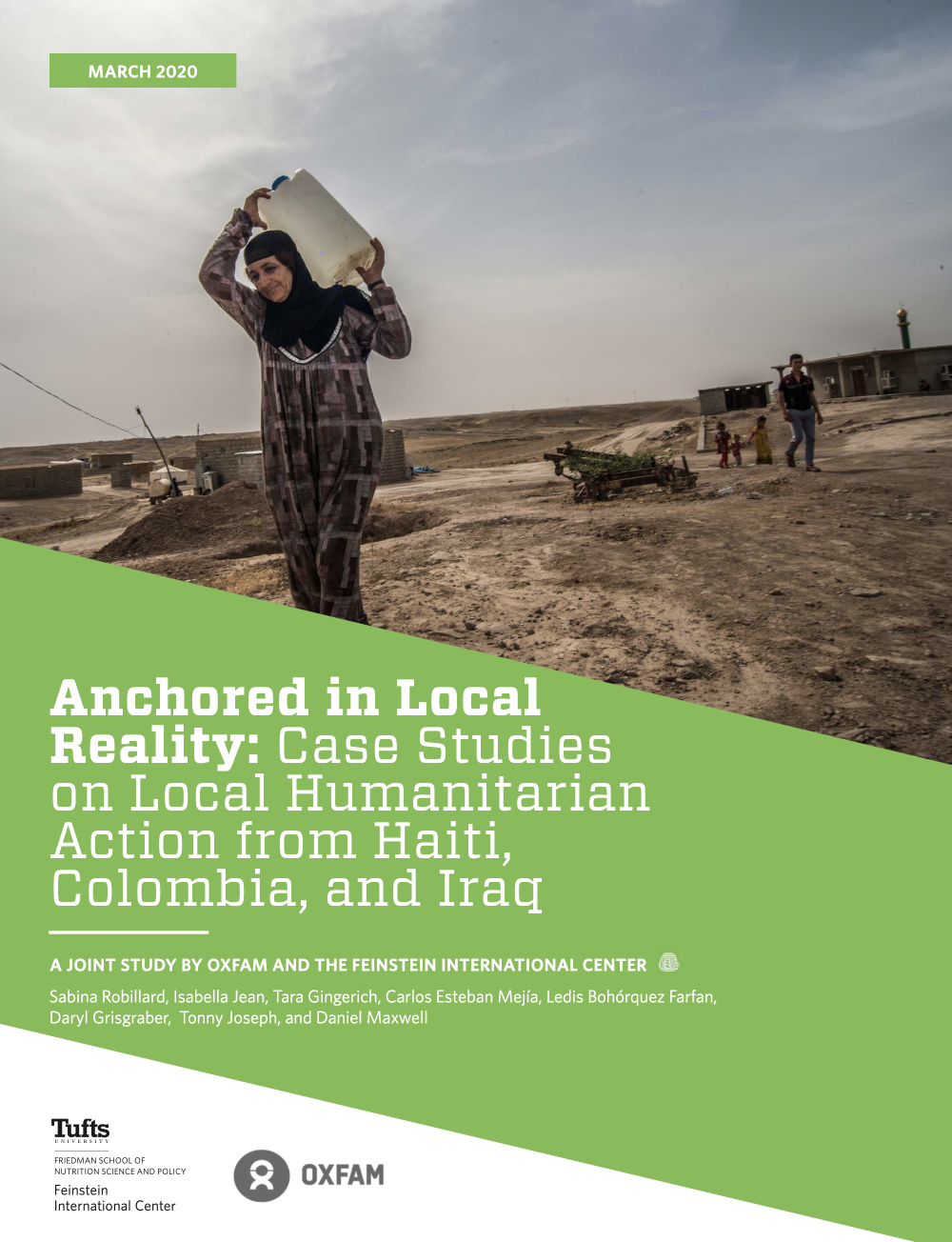Critiques of international humanitarian aid have long suggested that it needs to be more inclusive of actors from crisis-affected countries. Increased attention to this issue over the past decade has coalesced into a set of agendas often referred to as the “localization” of humanitarian assistance, “local humanitarian leadership” (LHL), and “local humanitarian action” (LHA).
While many buy into the “localization” concept, there is little consensus about what it actually means. What does “local” mean? Who qualifies as a “local humanitarian actor”? What are the goals of these agendas? Further, these conversations have mostly been led by and focused on the experiences of international humanitarian actors. Thus, despite the best intentions, international actors still hold the power in the localization agenda and are shaping the discourse about the status quo and necessary reforms. Recently, there have been increased efforts to re-center the voices of local humanitarian actors into these conversations.
This paper offers insight into fundamental questions of the localization discussion in three different contexts: a region of Haiti recovering from a hurricane, displacement and political crisis in Iraqi Kurdistan, and the overlapping pressures of migration, conflict, and climate change in Colombia.
To read a summary of the report in Spanish, click here.
To read a summary of the report in Haitian Creole, click here.







